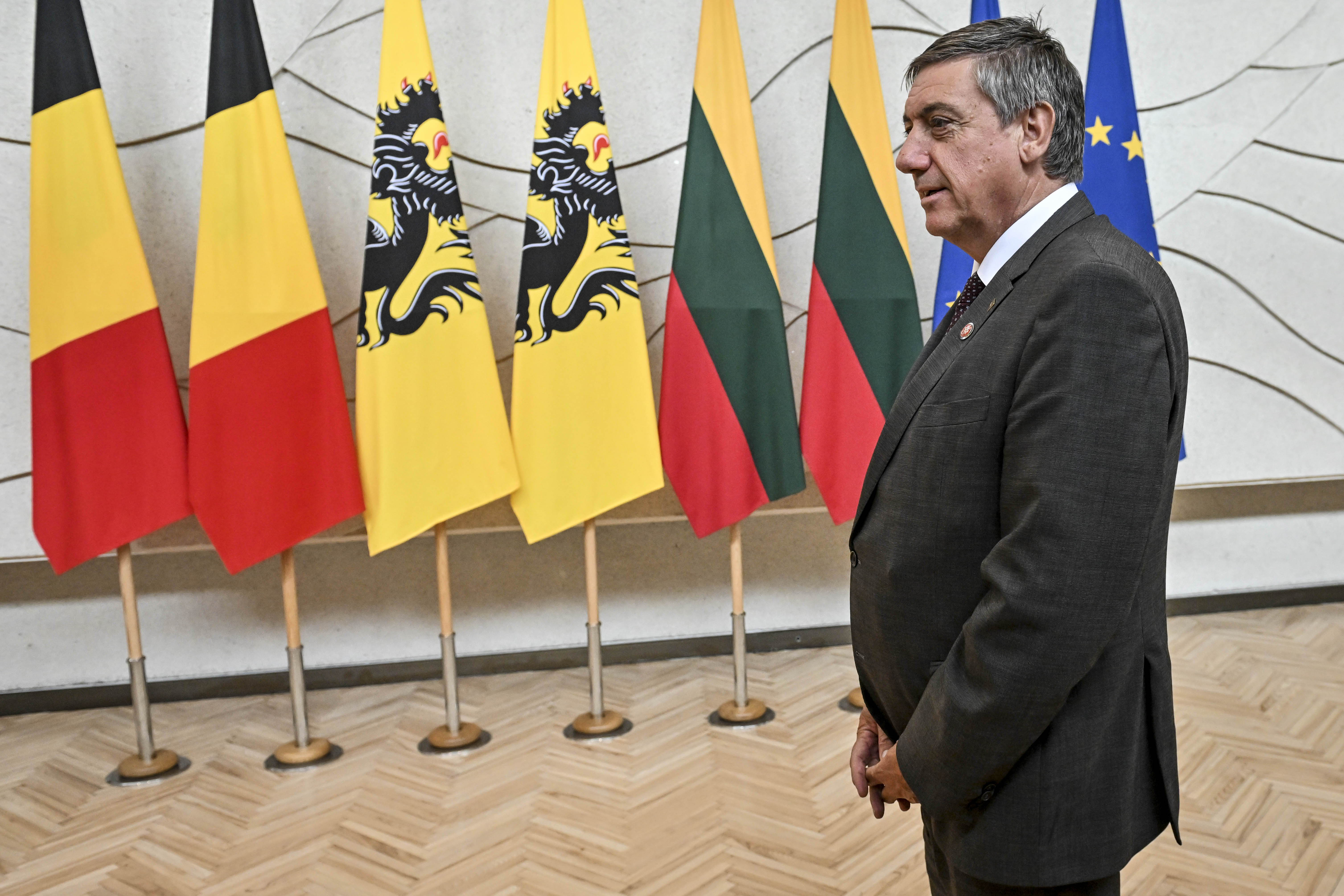Flemish diplomacy: Flanders invests in Diplomatic Academy

The Government of Flanders wants to strengthen its representation abroad. It does so not only by organising the annually ‘return days for diplomats’, which this year take place from 20 to 24 June in Brussels and Leuven. Since April, (future) diplomats can also polish up their diplomatic skills and knowledge about Flanders via the Diplomatic Academy.
The establishment of a Diplomatic Academy was a promise from the Flemish Coalition Agreement 2019-2024. It fits within the ambition of the Government of Flanders to strengthen Flemish diplomacy - both in terms of breadth and depth.
Diplomatic education
The programme contains the classical building blocks of a diplomatic education. It aims at a thorough knowledge of one's own country: the Flemish institutions and history, the priorities and challenges of the Flemish authorities, and the interests of inhabitants, companies, and organisations. A thorough knowledge of the international playing field - including diplomatic law, protocol, the workings of international institutions, and the latest geopolitical developments - is also important, as are training courses in skills such as analytical reporting, networking, and negotiating.
In addition, there are a number of courses that are also open to other employees of the Chancellery and Foreign Office, giving them the opportunity to brush up their knowledge on a voluntary basis. Colleagues of the Government of Flanders who already work abroad also have access to the online modules and can also follow them voluntarily.
Internal experts and renowned institutions
For the implementation of the lessons, the academy calls on experienced internal experts, but even more so on renowned institutions or training companies. Thus, the Catholic University of Leuven (KU Leuven), the Free University of Brussels (VUB), the Institute Clingendael in The Hague, the College of Europe in Bruges, the Diplomatic Academy in Brussels and many other specialised market players provide the initial programme.
As the lessons progress and the first feedback and evaluations take place, the Diplomatic Academy may be further refined to make its offer also available to other departments and agencies within the Flemish authorities. In that case, especially civil servants with functions with an international character will be able to register.
Learning activities
Since its launch on 1 April, the Diplomatic Academy has programmed some 25 learning activities, together accounting for some 140 teaching hours. In addition to the nine diplomats in training, about 50 colleagues have participated in the sessions on a voluntary basis.
In the past three months, sixty percent of the lessons were online, while forty percent were given on location. In this way, the Flemish government also wants to involve its people abroad as much as possible, whether they are based in London, Paris, New York or The Hague.
Future plans
The Diplomatic Academy is hosted by the Chancellery and Foreign Office of the Government of Flanders. In the future, it will set up more programmes and activities of this kind, always with an eye on strengthening the Flemish diplomacy as desired in the Coalition Agreement. For this is becoming more and more indispensable to properly represent the interests of Flanders and the Flemish people in an ever more competitive world.
On the occasion of the Government of Flanders' annual diplomatic days, which this year take place from 20 to 24 June, Belga puts Flemish diplomacy in the spotlight. It does so by publishing various articles under the heading 'Flemish Diplomacy'.
(AHU)
#FlandersNewsService
© BELGA PHOTO DIRK WAEM - Flemish Minister President Jan Jambon pictured during the first day of a diplomatic mission of the Flemish government to Lithuania, Monday 16 May 2022, in Vilnius.